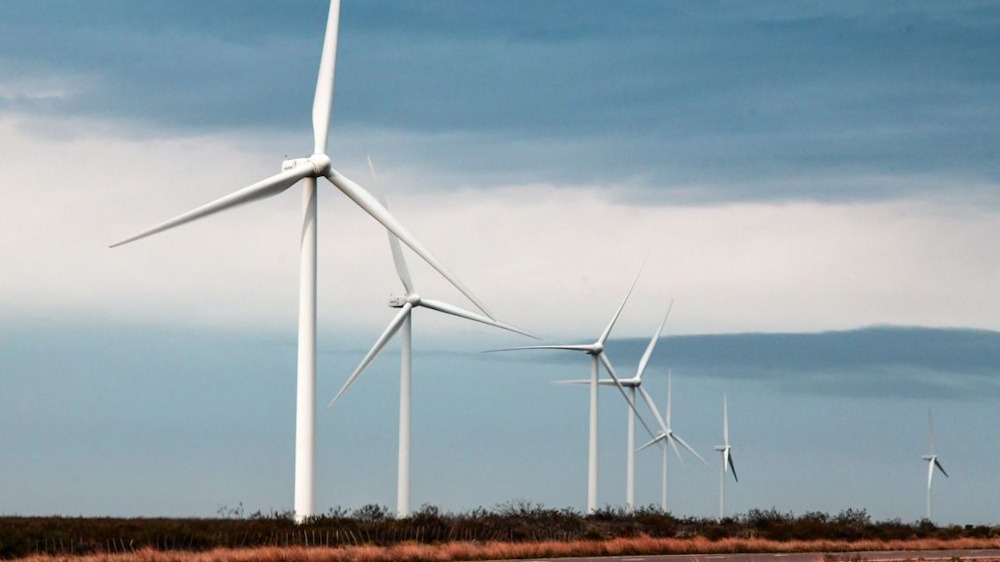China’s remarkable growth in recent years is well-known; however, the increasing emphasis on sustainability within the country’s investment and development strategies is less acknowledged. In 2012, China integrated the notion of an “ecological civilization” into its National Constitution, establishing environmental protection as a fundamental prerequisite in its development strategies. In September 2020, President Xi Jinping reaffirmed this orientation at the United Nations General Assembly, pledging to reach peak carbon emissions by 2030 and achieve carbon neutrality by 2060.
China exemplifies its influence in sustainable industries through the development of hybrid and electric vehicles. The nation is at the forefront globally in both pricing and quality: car exports increased from one million in 2020 to 5.5 million in 2024, with 40% of these being electric vehicles. Latin American countries are increasingly engaging in the automotive sector: Chinese hybrid and electric cars have established a solid foothold in Brazil, with imports of these vehicles tripling to 120,000 in 2024. In January, Argentina enacted Decree 49/2025, which formalizes the government’s initiative to establish a quota of 50,000 hybrid and electric vehicles annually that will be exempt from the 35% import tariff, thereby facilitating access for Chinese manufacturers. The sustainable business sector in China also serves as a significant contributor to local employment opportunities. The Chinese automaker BYD, recognized as a global leader in electric mobility, has allocated over US$500 million to transform a former Ford plant located in the Brazilian state of Bahia into a new production facility. By July, merely 15 months after the commencement of construction, BYD had initiated production, with aspirations to produce 150,000 vehicles annually and generate 20,000 employment opportunities.
Another sustainable sector from which Argentina could derive advantages is renewable energy, a domain in which China maintains a position of global leadership. In 2023, China solidified its status as the leading global exporter of solar panels, achieving sales of 207.99 gigawatts of modules internationally. Although official figures for 2024 remain forthcoming, independent assessments of customs data suggest that exports increased by 13% to 235.93 GW. Argentina may identify a potential opportunity within the off-grid microgrid sector, where Chinese firms are providing the most competitive pricing globally for solar panel installations, enabling autonomous electrical systems that operate independently of conventional transmission and distribution networks. Microgrids serve as a viable alternative during blackouts and offer a solution for isolated communities that are not connected to traditional power lines.
China also stands as an undeniable leader in the wind turbine industry. Reports says that in 2024, Chinese turbine manufacturers dominated global wind installations, with six of the top ten global wind turbine suppliers hailing from China. Numerous academic and technical studies have determined that Patagonia possesses remarkable wind resources, with research and national universities indicating capacity factors approaching 50%, far above the international average. An illustrative instance of complementarity in wind energy is evident in Goldwind’s operations within the province of Chubut, where the Chinese company has allocated nearly US$500 million towards four operational wind farms generating 256 megawatts and secured contracts totaling another 716 MW. Argentina possesses optimal conditions for the advancement of clean energy, positioning itself as a pivotal player in the sustainable economy of the future. With its strong presence in green industries and investment capacity, China emerges as a strategic ally for Argentina in expanding sustainable sectors, including electric vehicles, wind energy, and solar power.

